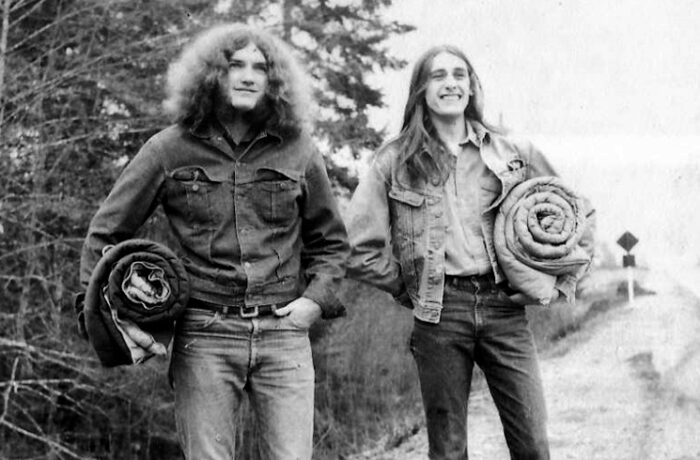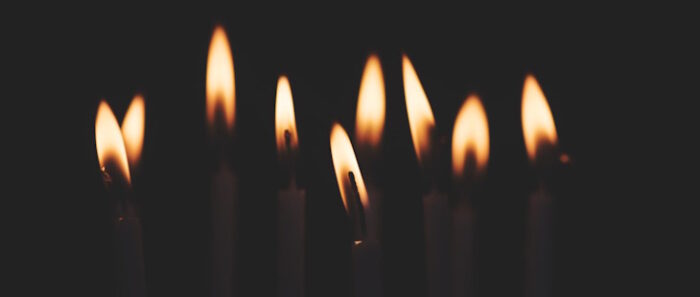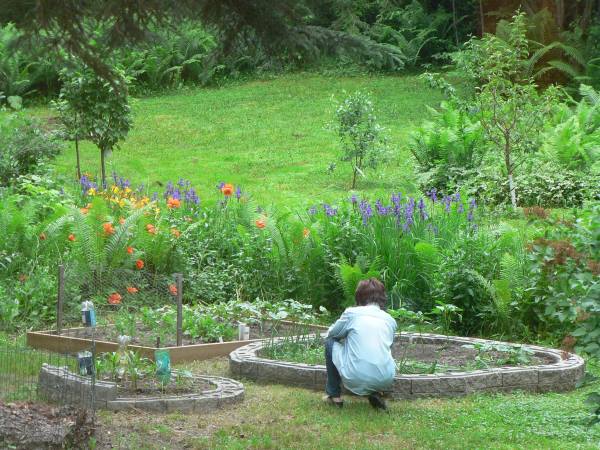—
Barely 18 when I left a winter job working for Saskatchewan Parks,
clearing scrubland for new campgrounds at Good Spirit Lake,
earning $1.65 per hour and a pouch of Players tobacco
was less than a buck and Zig-Zag papers were a nickel,
and coffee time in the Atco trailer was full
of smoke rings and the swelling longing to be elsewhere—
exchange a horizon of frozen grassland for a horizon of ocean
with gulf islands, where the water didn’t freeze,
where swaths of coastal conifers replaced the Palliser’s Triangle,
and 80 acres of barley gave way to a lumber mill
in Port Alberni, where I made $4.75 an hour;
on to Nanaimo where a ferry ride got you to Gastown
and Water Street took you to Stanley Park and the Be-Ins
and an amphitheater surrounded by fir and cedar, where
The Collectors and The Dandy Trippers were playing, finally
falling asleep under the all-night lights of Lions Gate Bridge,
our sleeping bags wet with dew and steaming in the morning sun.
Hitching to Buckley Bay, then Denman to Hornby Island,
watching the holidayers come and go and by the end
of the season we’d built a driftwood shack on Tribune Bay,
that perfect ‘U’ of beach that we felt would become our primary
home, and a short walk to the cove with the naked bathers,
welcoming, inviting—our bodies young and lithe
and quick to learn the paths of the sea,
the tireless waves and the rhythm of tides,
and the tumbling sun giving rise to a sacristy of large stars.
And we ate macaroni and matriculated in cooking
oysters in coals, and we swam at midnight,
the phosphorescence outlining the our limbs, tracing
the shape of our spirits, the campfire dying, the moon
stretching over the sea, that thousand-mile, white-silver highway—
imprinting—and like goslings, we followed, and like sparrows,
we took no thought of the morrow,
or of the RCMP escort off the island, giving us a head-start
to Parksville, an Econoline van to Victoria, to sleep
on the floors of communal friends or below the cliffs
along Dallas Road, where I brushed in a few words
on a scrap of packing paper—and it was my very best poem,
for everything that could be said, was said,
by the call of a distant gull against a great wordless ocean.
This morning, my 70th year looming, I step out onto the deck
of our small condo, the foothills piebald under a faint late-fall snow,
the city lights shining halfway to the coast, halfway to the plains,
and in an instant the same feelings flood back: the same awe,
the same startled gratitude, the same vertigo of longing,
the same plunging wonder.
All this, and I haven’t even told you of the lioness
I love, or how I bow at the coronal flights of five kids and
a granddaughter, and break at the news of anyone’s dark night; all this,
and I have yet to mention the deep-red, heart-shaped mole,
on the wee back of my great-granddaughter.




